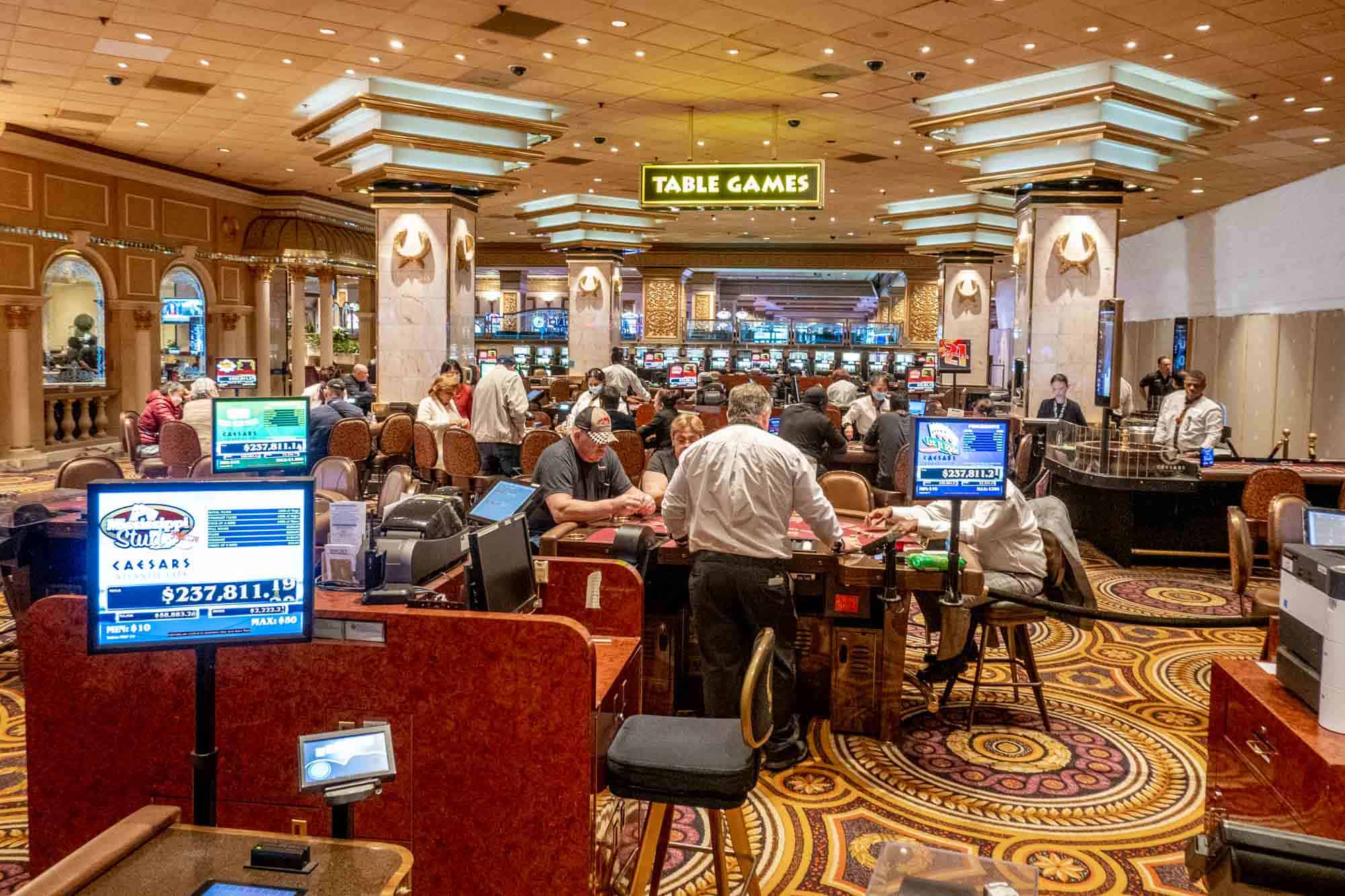
Casino gaming has long been a topic of fascination and debate, attracting millions of players globally. With a mix of luck, skill, and the thrill of uncertainty, casino games offer an exhilarating escape from everyday life. However, as entertainment becomes ever more accessible, it calls for a deeper examination of the ethical implications surrounding these games.
At the heart of the discussion lies the issue of whether casinos promote safe gambling or exploit vulnerable individuals. The allure of potential winnings versus the truth of losses can create a complex dynamic, and understanding this balance is crucial for both players and operators. As we delve into the ethics of casino gaming, we will explore the duties of casinos, the impact on society, and the steps that can be taken to foster a better gaming environment.
The Impact of Casino Gaming on Society
Casino gaming has a considerable influence on societal dynamics, affecting not only the economy but also social behaviors and local frameworks. The income generated from casinos can lead to employment opportunities and boost regional economies, as they provide numerous employment opportunities in multiple fields including hospitality, entertainment, and shopping. However, while the financial benefits can be substantial, communities often struggle with the potential negative impacts that arise from increased gambling activity.
Moreover, the presence of casinos can lead to an rise in gambling addiction, presenting significant challenges for individuals and families. The thrill of casino games can quickly transform into a habitual habit, affecting personal relationships and leading to financial instability. Many individuals may find it difficult with the loss of control over their gambling habits, resulting in a need for assistance programs and help to address this growing issue. The social cost of gambling addiction can extend through kinships and neighborhoods, creating an urgent need for responsible gaming initiatives.
In addition to the economic and social ramifications, casino gaming often reflects cultural attitudes towards risk and entertainment. It can foster a sense of excitement and leisure, attracting tourists and boosting tourism. However, this allure may also conceal the wider implications of gambling as a form of entertainment, raising ethical questions about its promotion and accessibility. As communities weigh the advantages and disadvantages of casino gaming, the need for responsible practices and regulation becomes increasingly critical in ensuring that the positive aspects are enhanced while minimizing the negative effects.
Ethical Concerns in Gambling Practices
The ethics of gambling gaming often revolve around the potential for addiction and its consequences on individuals and families. Betting can lead to serious monetary distress, impacting not only the gamblers but also their loved ones. As individuals become entrapped in the appeal of winning, many lose track of their financial limits, which can result in devastating outcomes such as bankruptcy. This raises moral questions about the duty of gambling establishments in promoting safe gaming habits and offering support for those who may be struggling with betting addiction.
Another major concern is the advertising of gambling to at-risk groups. Casinos often target low-income individuals or neighborhoods with the offer of fast gains, which can perpetuate cycles of poverty and despair. In this context, the morality of advertising strategies used by casinos come under examination, as they may exploit the need of individuals seeking an way out from economic troubles. This exploitation raises moral questions about the honesty of the betting industry and its obligation to safeguard its most at-risk patrons.
Additionally, the effect of gambling gaming on the community as a whole cannot be overlooked. While some argue that casinos create employment and stimulate local economies, others point to the social costs associated with problem gambling, increased crime rates, and a burden on public resources. Balancing financial advantages with the potential for community issues presents a complex ethical dilemma for policymakers and casino operators alike. The challenge lies in finding a ethical approach that takes into account the welfare of people and society while still allowing for the pleasure of casino gaming. nohu90.cc
Oversight Structure and Responsibilities
The oversight structure surrounding casino games is designed to ensure equity, trustworthiness, and participant security. Various government bodies and gaming commissions set and implement regulations that dictate how gaming activities work, the criteria for product creation, and the protocols for managing rewards. These regulations change by locale but typically involve permit requirements for providers and stringent measures to stop cheating and scams.
In also to regulatory bodies, gaming establishments bear significant responsibility in maintaining moral standards within their venues. They must adopt safe gambling practices that promote gambler security and awareness, including providing self-exclusion options and providing information about the dangers associated with gambling. Casinos are also responsible for training workers to recognize signs of difficult betting and understand the correct actions to assist visitors in distress.
Furthermore, openness in gambling operations is essential for gaining and maintaining public confidence. Gaming establishments should provide clear data about the chances of activities, advertising deals, and any connected dangers. By fostering an culture of transparency and responsibility, operators can help lessen the possible negative impact of betting while improving the complete betting experience for all participants.
